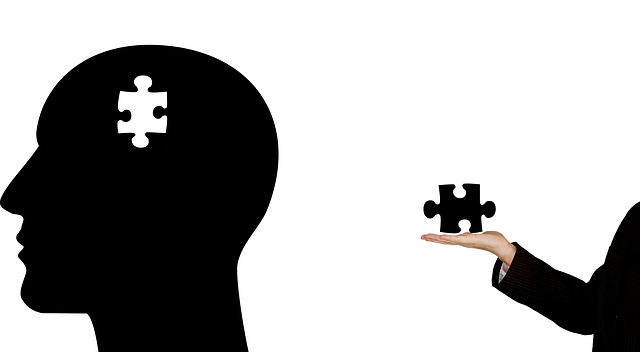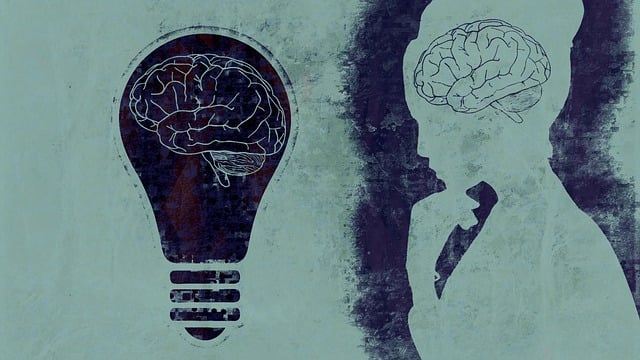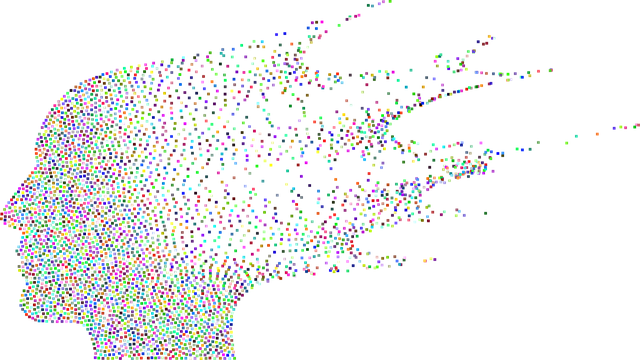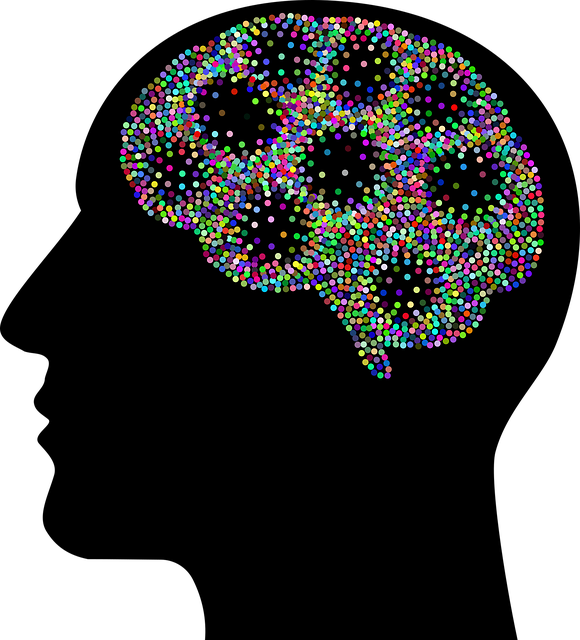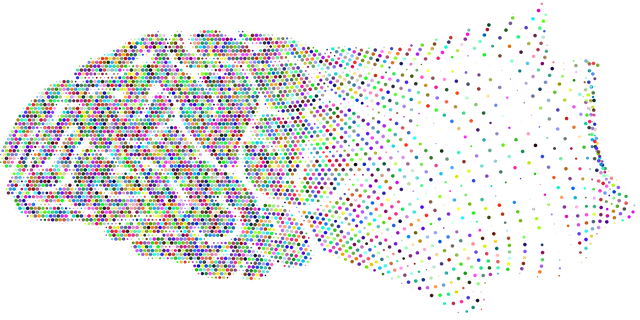Northglenn Spiritual-Religious Issues Therapy offers specialized social skills training addressing isolation common in mental health conditions. This holistic approach, integrating spirituality and community engagement, enhances communication, empathy, and conflict resolution through techniques like Mind Over Matter and Emotional Well-being Promotion. Structured group sessions, role-playing, and interactive activities empower clients with tools for emotional regulation and stress management, reducing burnout risk. Success stories highlight its transformative effect on social functioning, fostering connections and improving overall well-being.
Social skills training is a powerful tool in managing mental health conditions, offering a unique approach to enhancing well-being. This article explores the intricate relationship between social interactions and mental health, highlighting challenges faced by individuals with various conditions. We delve into the specific contributions of Northglenn Spiritual-Religious Issues Therapy, examining its role in fostering essential social skills. Through strategic therapeutic techniques and real-world success stories, we uncover how this training transforms lives, providing valuable insights for mental health practitioners.
- Understanding Social Skills and Their Impact on Mental Health
- Identifying Challenges: Social Interaction and Mental Health Conditions
- The Role of Northglenn Spiritual-Religious Issues Therapy in Social Skills Training
- Strategies for Effective Social Skills Development in a Therapeutic Setting
- Real-World Application: Success Stories from Social Skills Training Programs
Understanding Social Skills and Their Impact on Mental Health

Social skills are a fundamental aspect of human interaction and play a pivotal role in our mental health and well-being. They encompass a range of behaviors, such as communication, empathy, active listening, and conflict resolution, which facilitate meaningful connections with others. In individuals grappling with mental health conditions, social skills training can be a powerful therapeutic tool, offering a unique avenue for healing and recovery.
At Northglenn Spiritual-Religious Issues Therapy, we recognize that many mental health challenges isolate people from their support networks. By focusing on developing and refining social skills, our specialized therapists empower clients to navigate interpersonal relationships more effectively. This approach not only enhances overall social functioning but also fosters emotional regulation, a key component in managing various psychological disorders. Additionally, integrating risk management planning for mental health professionals into the therapy process ensures a comprehensive understanding of potential risks and encourages proactive strategies, thereby contributing to safer and more effective treatment outcomes.
Identifying Challenges: Social Interaction and Mental Health Conditions

Social interaction can pose significant challenges for individuals dealing with mental health conditions. Many people suffering from anxiety, depression, or post-traumatic stress disorder (PTSD) often find social situations overwhelming. Northglenn Spiritual-Religious Issues Therapy offers specialized assistance in navigating these complexities. The therapy focuses on identifying and addressing the unique barriers that hinder social engagement and communication.
Through techniques like Mind Over Matter principles and Emotional Well-being Promotion, clients learn to manage their symptoms effectively. By fostering positive thinking, individuals can enhance their ability to connect with others, participate in group activities, and build meaningful relationships. These strategies empower them to overcome social anxiety and engage in the supportive networks that are essential for recovery and overall well-being.
The Role of Northglenn Spiritual-Religious Issues Therapy in Social Skills Training

Northglenn Spiritual-Religious Issues Therapy offers a unique and holistic approach to social skills training, focusing on the interconnectedness of mental health, spirituality, and community engagement. This therapy recognizes that emotional healing processes are deeply influenced by an individual’s spiritual beliefs and religious practices. By addressing these aspects, it fosters resilience building among individuals struggling with various mental health conditions.
The program incorporates strategies that enhance self-awareness, empathy, and effective communication, which are essential components of successful social interactions. Through group discussions, guided meditations, and reflective exercises, clients develop a stronger sense of belonging and purpose, contributing to improved public awareness campaigns development around mental health issues. This integrated approach not only empowers individuals but also creates a supportive environment where they can navigate their journeys towards recovery with renewed hope and understanding.
Strategies for Effective Social Skills Development in a Therapeutic Setting

In a therapeutic setting focused on Northglenn Spiritual-Religious Issues, social skills training should be tailored to address specific challenges faced by individuals with mental health conditions. Effective strategies for developing these skills include structured group sessions that encourage active participation and provide opportunities for role-playing real-life scenarios. These interactive activities help clients practice communication, conflict resolution, and emotional regulation in a safe environment.
Empathy Building Strategies play a pivotal role in fostering meaningful connections and understanding. Therapists can facilitate discussions on emotional intelligence, encouraging clients to recognize and express their feelings while also developing the ability to perceive and respond appropriately to others’ emotions. Additionally, integrating Stress Management Workshops into the program equips individuals with tools to navigate social interactions more calmly and confidently. Public Awareness Campaigns Development can further enhance this process by promoting a more inclusive society where mental health conditions are better understood and supported.
Real-World Application: Success Stories from Social Skills Training Programs

Social skills training has proven to be a game-changer for many individuals struggling with mental health conditions. Real-world success stories from programs like those offered at Northglenn Spiritual-Religious Issues Therapy highlight the transformative power of these initiatives. Participants have reported significant improvements in their ability to navigate social situations, fostering better connections and enhancing overall well-being.
One notable outcome is the reduced incidence of burnout prevention among trainees. By learning effective communication strategies and practicing positive thinking, individuals have been able to manage stress reduction methods more proactively. These skills not only help in personal relationships but also in professional settings, contributing to a more balanced and fulfilling life. The programs’ holistic approach, addressing spiritual-religious issues alongside traditional therapy, has led to profound and lasting changes for those committed to the process.
Social skills training, as demonstrated by the effective practices of Northglenn Spiritual-Religious Issues Therapy, plays a pivotal role in managing and improving mental health. By addressing social interaction challenges, individuals with various conditions can enhance their relationships, boost self-esteem, and lead more fulfilling lives. The strategies outlined in this article offer a comprehensive roadmap for therapists and caregivers to facilitate meaningful growth in social skills, ultimately enriching the well-being of those navigating mental health journeys.


